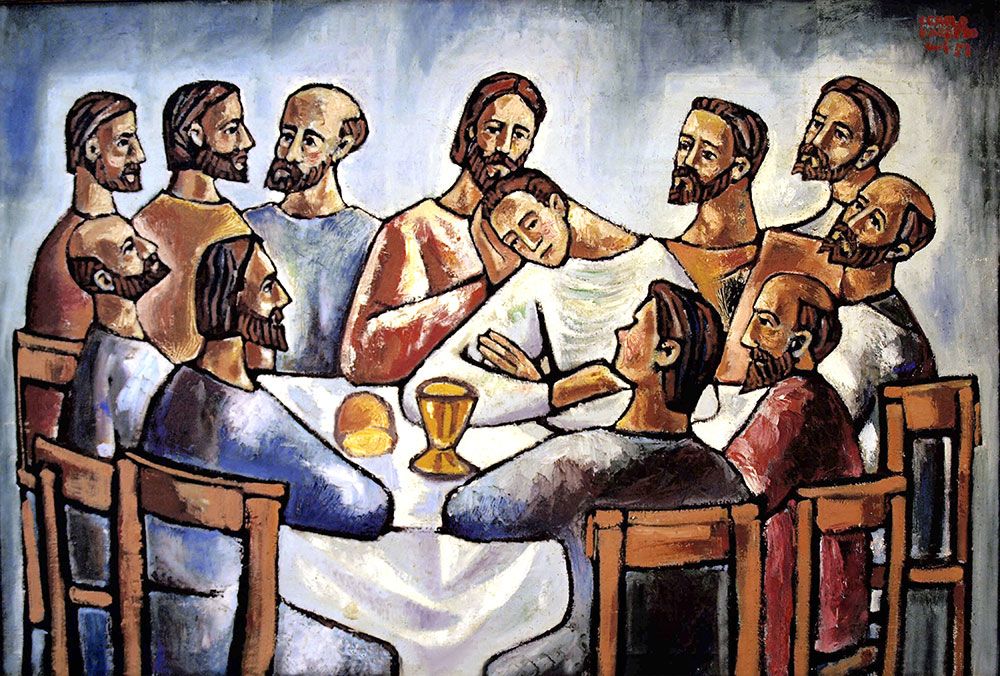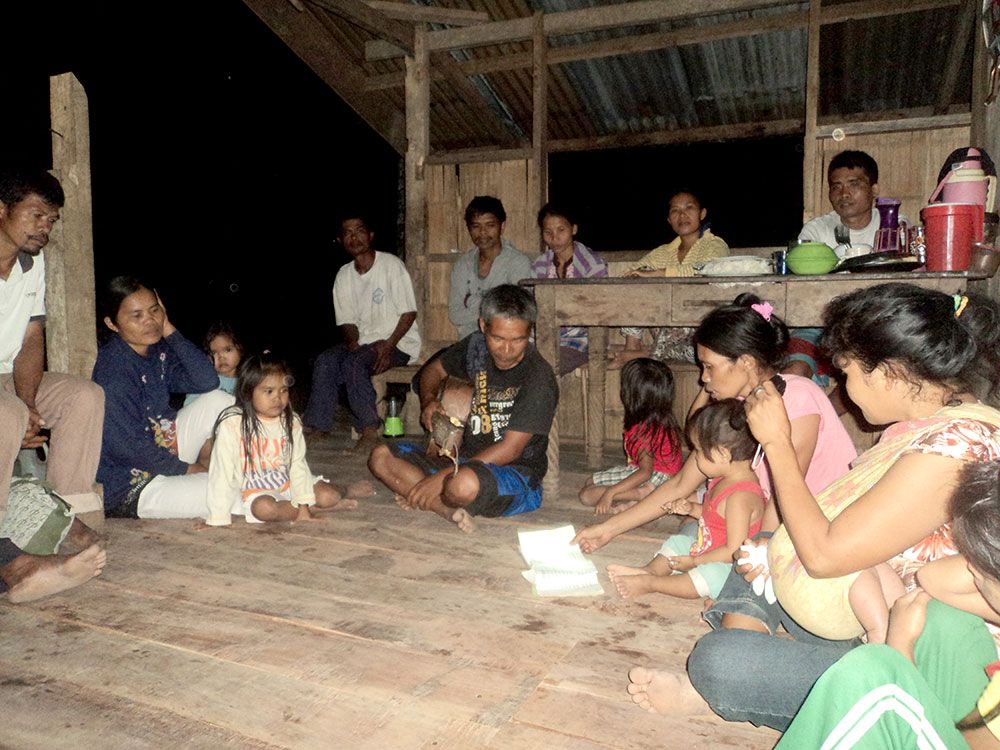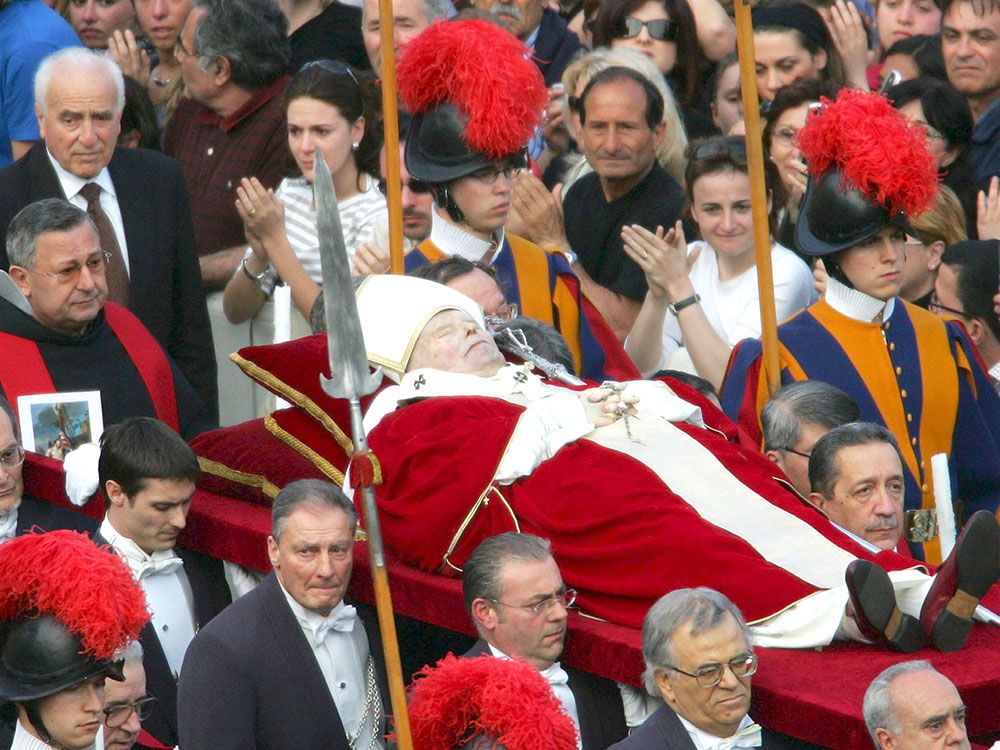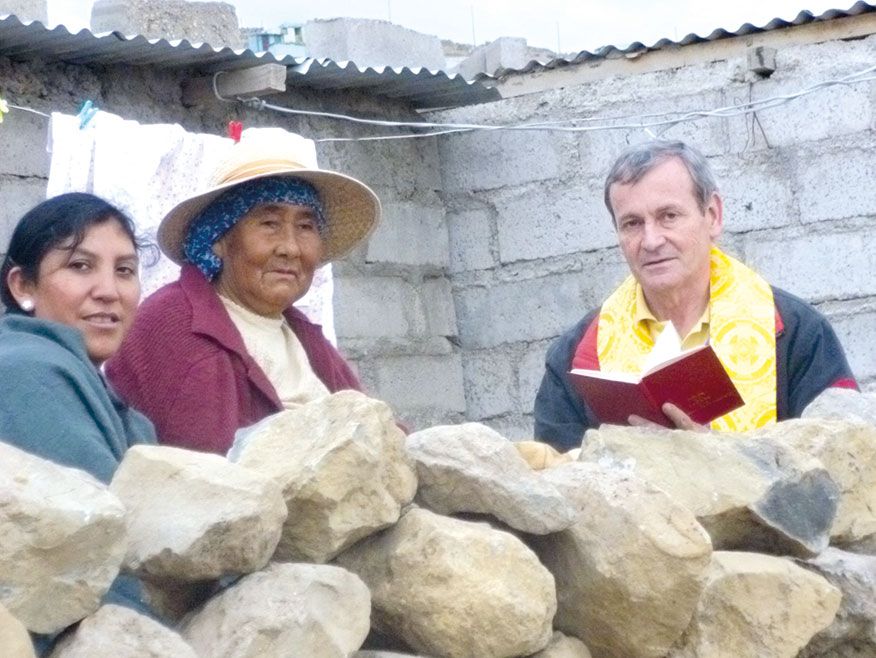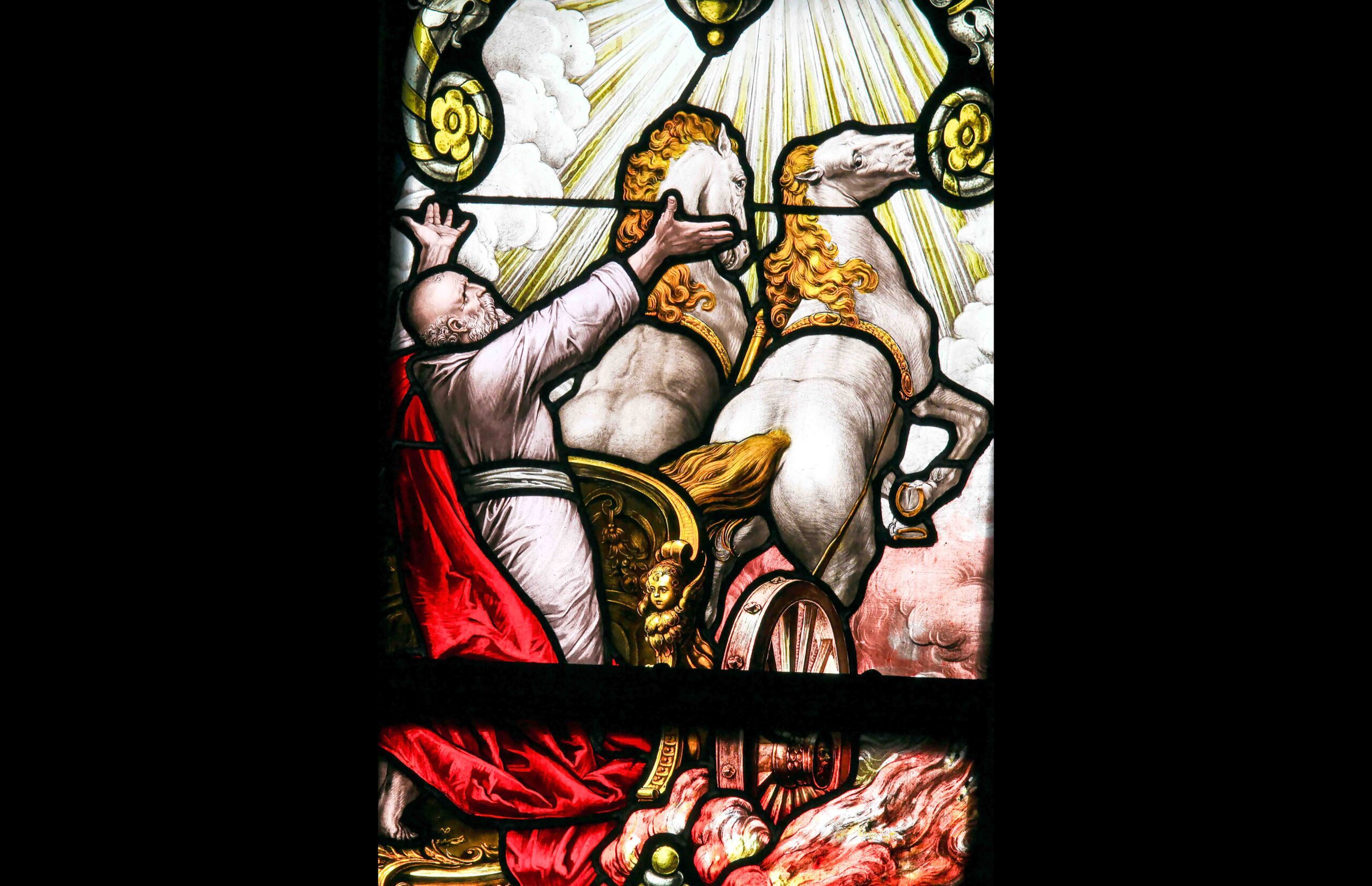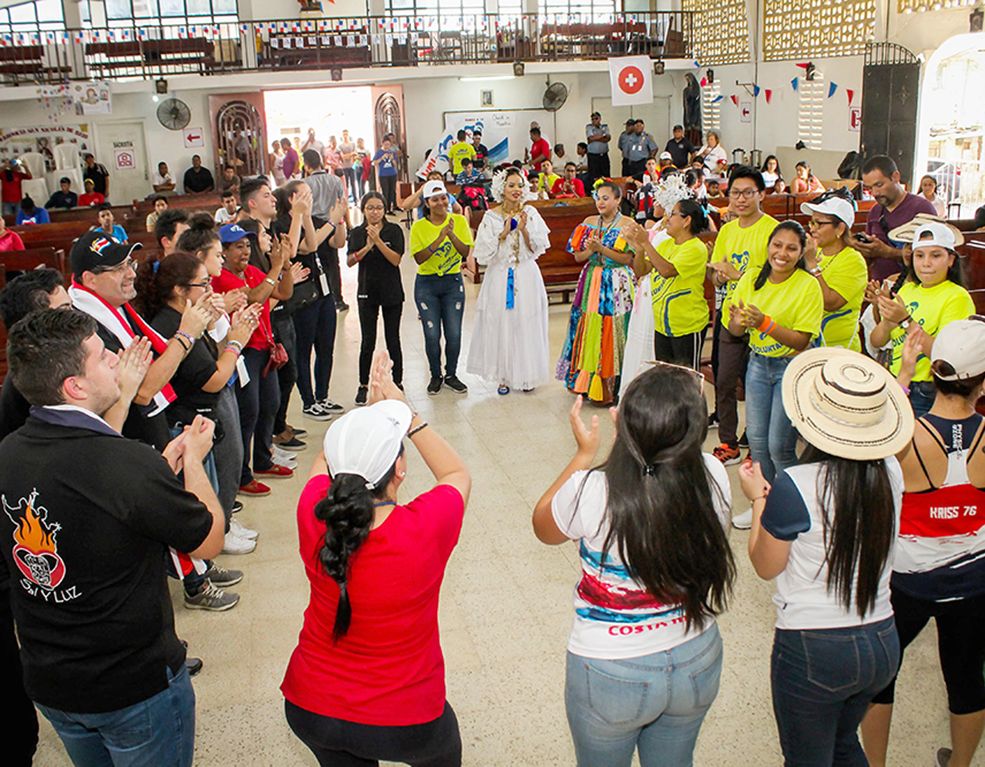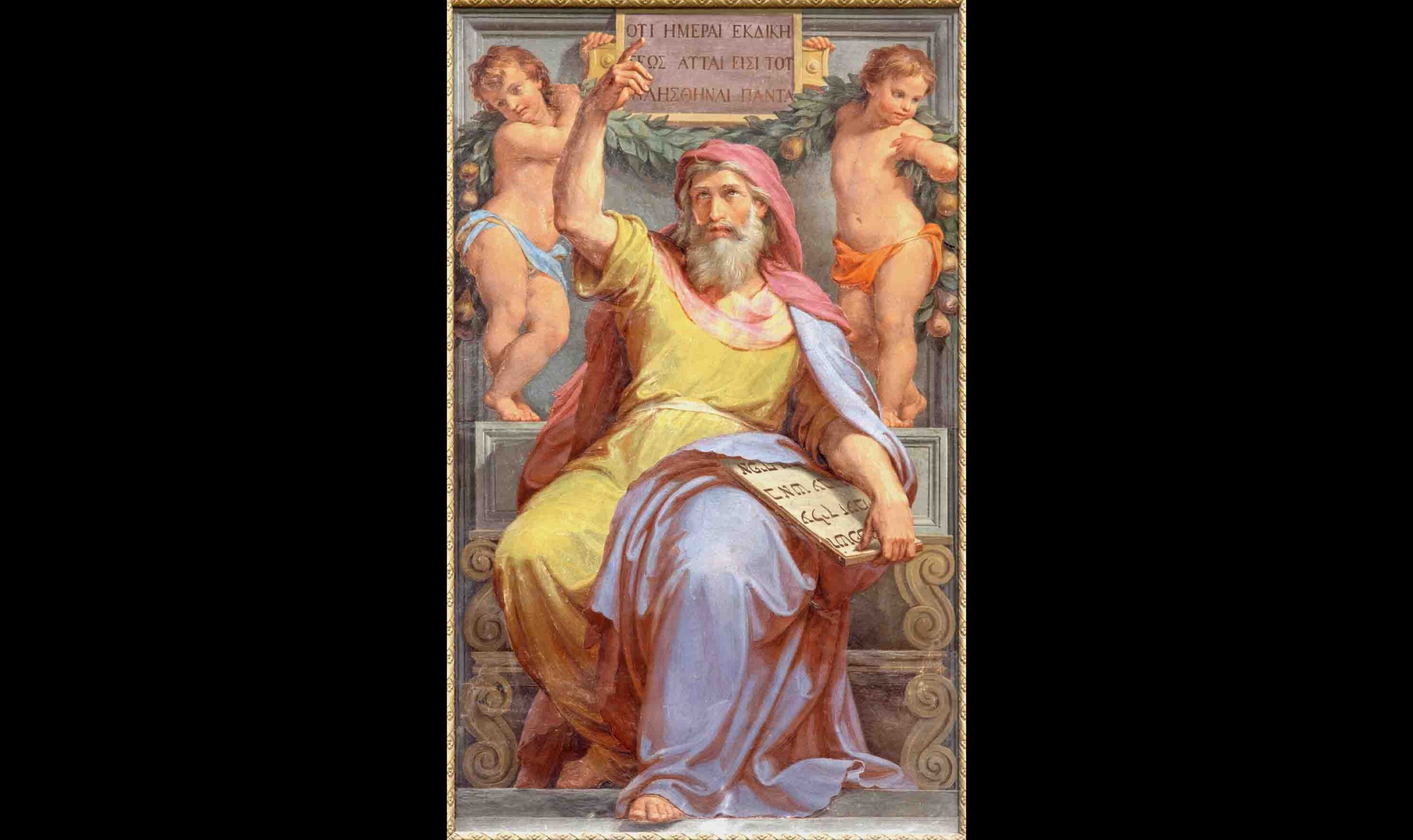Jesus’ last encounter with His apostles occurs in the context of a Paschal celebration, in a room rented for this purpose in Jerusalem, and is referred to by the evangelists, particularly John, from chapter 13 to 17, whose reading we propose for our reflection (particularly 13, 1-30; 15,1-16; 16,4-33; 17,1-26 – New American Bible).
Let us begin by emphasizing the importance of this encounter of Jesus with the Twelve, with the group of the apostles, some disciples and women who came with Him from Galilee. John dedicates five chapters of his Gospel to this encounter, underlining its particular context, which is centered on the Passover meal, the last that Jesus celebrates with His own.
The evangelist tells us that Jesus wished this moment with great emotion. While the Gospels of Matthew, Mark, and Luke, known as Synoptic Gospels, refer to external details of the preparation of the Passover meal, the Gospel of John makes us see the context of inner preparation, the emotional investment that Jesus puts in this encounter with His own: “Jesus knew that His hour had come to pass […] loved them to the end.”
Let us also remember the importance that this encounter and the place where it takes place have for Christian memory. The present location of the Cenacle is a reference that brings us closer to the place and the circumstances in which this encounter took place. Throughout Christian history, this place has had a particular attraction. The memory of the Cenacle awakened movements of various kinds (like the Holy Grail), attracted by the beauty and intensity of this last encounter of Jesus with His own, driven by the desire to safeguard the place and objects that preserve the memory of this unique moment.
Today, Christians and Hebrews dispute the ownership of the place. But the Cenacle continues to be one of the places that most attracts Christian pilgrims in Jerusalem, particularly the members of the new movements and communities who are quite adventurous in contemplating this farewell encounter of Jesus with His apostles.
Triple inheritance
For these reasons, we must include this encounter in the series of texts that we have proposed on vocation as an encounter. John’s narration offers us the opportunity to take part in the encounter, to enter into the heart and feelings of Christ, to receive His last recommendations and confidences.
In liturgical tradition, this narration is a must on Holy Thursday liturgy. In the celebration of this day, Christians contemplate the threefold inheritance that Jesus leaves to His disciples in this encounter in the upper room: the Eucharist, the gift of His body and blood, of His humanity; the commandment of love; the gift of the priesthood, the ministry that ‘re-enacts’ this moment and this encounter in the memory and in the journey of the Church.
John, in his Gospel, does not offer us the Eucharistic story. But no evangelist describes the Eucharistic environment as he does: Jesus’ union with the Father and with His own, the offering of His life which He lives intensely in this farewell encounter in the upper room, anticipating His passion, death and resurrection.
Surprise gesture
John says that Jesus “loved His own in the world and He loved them to the end.” With this expression, the evangelist makes us enter into the atmosphere and the surprises of this encounter. Jesus begins the encounter with a gesture that catches everyone by surprise: He does the work of the servants, puts a towel around His waist and washes the feet of the apostles.
Jesus’ words to Peter clarify the meaning of the gesture: He leaves “His commandment” which is love in action, love made service, a love that creates communion with Jesus (“Unless I wash you, you will have no inheritance with Me”) and sets a model for relationships within the Christian community, where ministry is exercised as service and gift.
The imitation of Christ begins here in service, as a way of giving one’s life for Him, as He offers His life, in the humble service and in the gift that will take Him to the cross. “If I, therefore, the Master and Teacher, have washed your feet, you ought to wash one another’s feet” is the task that Jesus leaves to His disciples as testament in this last encounter: to show love for Him and for others in humble service.
Unity
In the atmosphere of this farewell encounter, the theme of Jesus’ unity with the Father and His own resonates with strong emotional tones. Jesus speaks of His hour of suffering as the hour of fullness and glory, of His absence as a new presence, and makes an appeal to the unity of His disciples among themselves, with Him and with the Father.
These appeals of Jesus to unity are gathered by John in this environment of the last encounter as catechesis that nourish the spirituality of the Christian community, the Christian concept in search of a last look at the historical person of Jesus. They are words that awaken the mystics and guide the disciples of all times in the experience of this mystery of presence and absence of Jesus, of communion and of unity with Him in the various experiences that mark our human condition.
Joy
Jesus talks about the departure that is about to happen, which marks His absence. But He also talks about a return in order to take us with Him. His departure is a return to the Father, to a place to which we belong as well. The challenge for the disciples of all times is to keep this hope of glory, to maintain the unity with Jesus and with each other, in the unfolding of their own stories, in the time of His absence.
This unity (chapter 15) is seen as a guarantee of apostolic fruitfulness: “I am the vine, you are the branches.” Jesus and the Father, in one unique love, first manifested their love to us, and it is this love, as the ‘vital sap’, which is at the origin of our unity with the Father and of our friendship with Jesus. It is this love that makes the life of the disciples fruitful and fills it with fruit, beginning with the full joy of which Jesus speaks.
The gift of the spirit
In this farewell encounter, Jesus makes a very personal promise, as if to seal His testament: He promises the gift of the Holy Spirit, to whom He entrusts a mission, expressed in five words, that we can explore in our contemplation.
First, Jesus speaks of the Spirit as comforter (Advocate) in the process of opposition that the Gospel finds (14, 16-17). Second, He promises the Spirit as an interior teacher who teaches and recalls the Gospel (14, 26). Third, it speaks of the Spirit as witness of Him and of the Father before the world (15: 26-27). Jesus says that the Spirit will be the accuser (convict the world in regard to sin and righteousness), dispensing the disciple of accusatory words and attitudes (16, 5-11). Finally, Jesus speaks of the Spirit as a guide (the Spirit of truth – 16, 12-15). He will guide you in the journey of the Church and the ways of the Christian mission in the world, guiding us in the understanding of the identity of Jesus and his mission.

